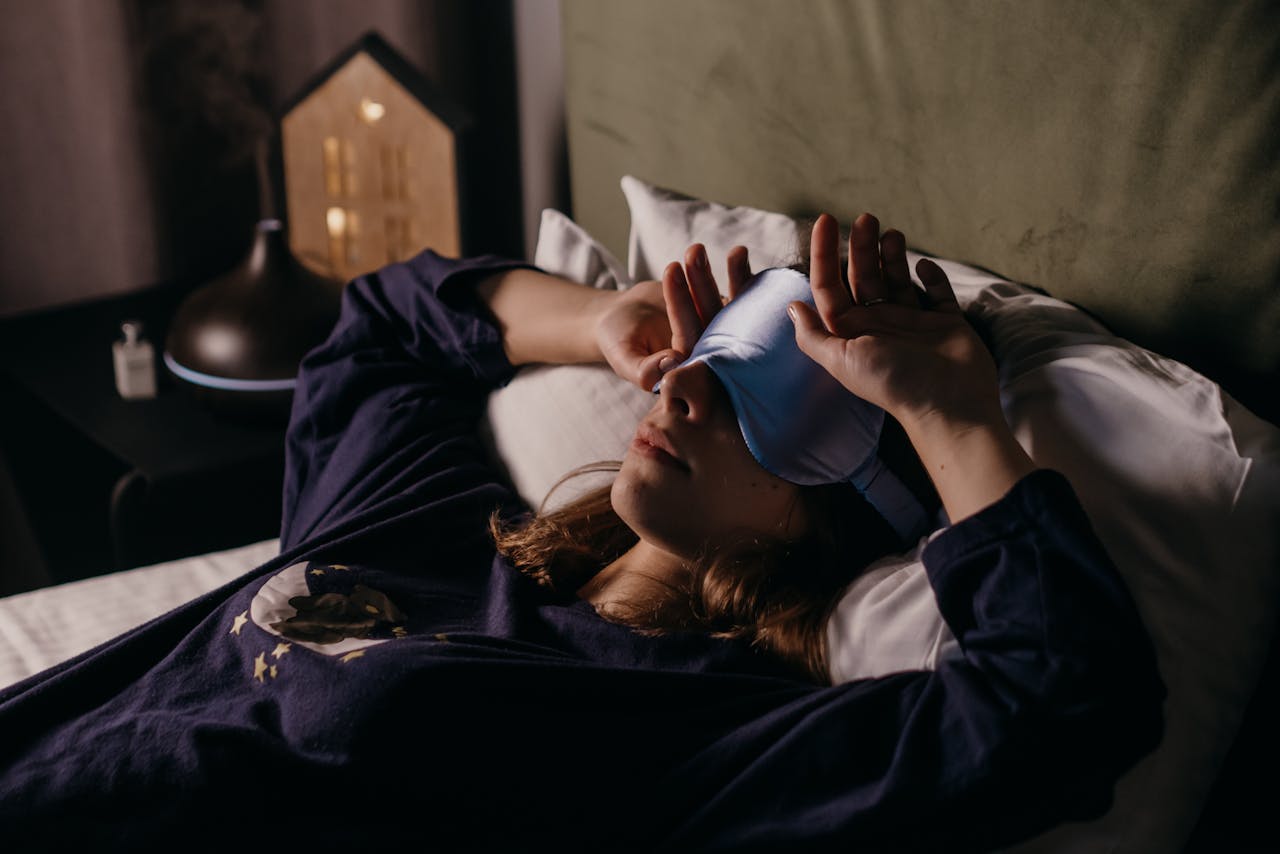For many, a piece of chocolate is the perfect way to end the day. But does indulging in chocolate before bed help or hinder your sleep? The answer isn't straightforward. Let's explore how chocolate affects sleep and how to enjoy it as part of a restful nighttime ritual.
The Connection Between Food and Sleep Quality
What we eat can significantly impact our sleep. Nutrients like magnesium and tryptophan are known to promote relaxation and support healthy sleep patterns. Incorporating foods rich in these nutrients into your evening routine can enhance sleep quality.
Sleep-Promoting Nutrients in Dark Chocolate Before Bed
Dark chocolate contains several compounds that may support sleep:
-
Magnesium: This mineral helps regulate the body's internal clock and promotes relaxation. A 1-ounce square of dark chocolate contains approximately 65 milligrams of magnesium, about 15% of the recommended daily value.
-
Tryptophan: An amino acid present in dark chocolate, tryptophan aids in the production of serotonin, a neurotransmitter that brings about feelings of relaxation and happiness. Serotonin is then converted into melatonin, the hormone primarily responsible for controlling our sleep-wake cycles.
The Impact of Caffeine and Sugar on Sleep
While dark chocolate has sleep-promoting nutrients, it also contains substances that can disrupt sleep:
-
Caffeine: Dark chocolate contains caffeine, which can interfere with sleep by blocking adenosine receptors in the brain, leading to increased alertness.
-
Theobromine: This compound can increase heart rate and cause restlessness, potentially affecting sleep quality.
-
Sugar: High sugar content can lead to blood sugar spikes and crashes, disrupting sleep patterns.
Enjoying Chocolate Mindfully in Your Evening Routine
To incorporate chocolate into your nighttime ritual without compromising sleep:
-
Choose high-cocoa dark chocolate before bed: Opt for chocolate with at least 70% cocoa content to maximize beneficial nutrients and minimize sugar.
-
Limit portion size: A small square (about 1 ounce) is sufficient.
-
Timing matters: Consume chocolate at least an hour before bedtime to reduce the impact of caffeine and sugar.
-
Pair with other sleep-friendly foods: Combine dark chocolate with nuts like almonds or walnuts, which also contain sleep-promoting nutrients.
Enhancing Sleep with a Supportive Environment
Your sleep environment plays a crucial role in sleep quality. Using breathable, cooling bedding can complement your nighttime rituals, helping you relax and maintain a comfortable temperature throughout the night.
Conclusion
In moderation, dark chocolate can be a delightful and beneficial part of your evening routine. By being mindful of the type, amount, and timing of chocolate consumption, and by creating a supportive sleep environment, you can enjoy this treat without compromising your rest.
Try adding a square of dark chocolate to your nighttime ritual—and pair it with cooling, breathable bedding for a more restful night.
References:
-
MyBedFrames. "Does Dark Chocolate Help You Sleep? Exploring the Truth." cocoacircle.com+8mybedframes.co.uk+8thegoodchocolatier.com+8
-
Livestrong. "How Bad Is It Really to Eat Chocolate Before Bed?" livestrong.com
-
Chowhound. "Can Dark Chocolate Really Help You Sleep? It's Complicated." chowhound.com
-
The Sleep Matters Club. "Does Chocolate Help You Sleep?" dreams.co.uk
-
The New York Post. "Eating These Sweet Treats Before Bed Can Help You Sleep Better, Experts Say." glamour.com+3ucihealth.org+3nypost.com+3
-
Dr. Farrah MD. "Why Certain Foods Ruin Your Sleep: What to Avoid Before Bedtime." drfarrahmd.com+1timesofindia.indiatimes.com+1
-
Wikipedia. "Caffeine." livestrong.com+5en.wikipedia.org+5en.wikipedia.org+5
-
Wikipedia. "Theobromine." talkaboutsleep.com+9en.wikipedia.org+9livestrong.com+9
-
Wikipedia. "Tryptophan." en.wikipedia.org












